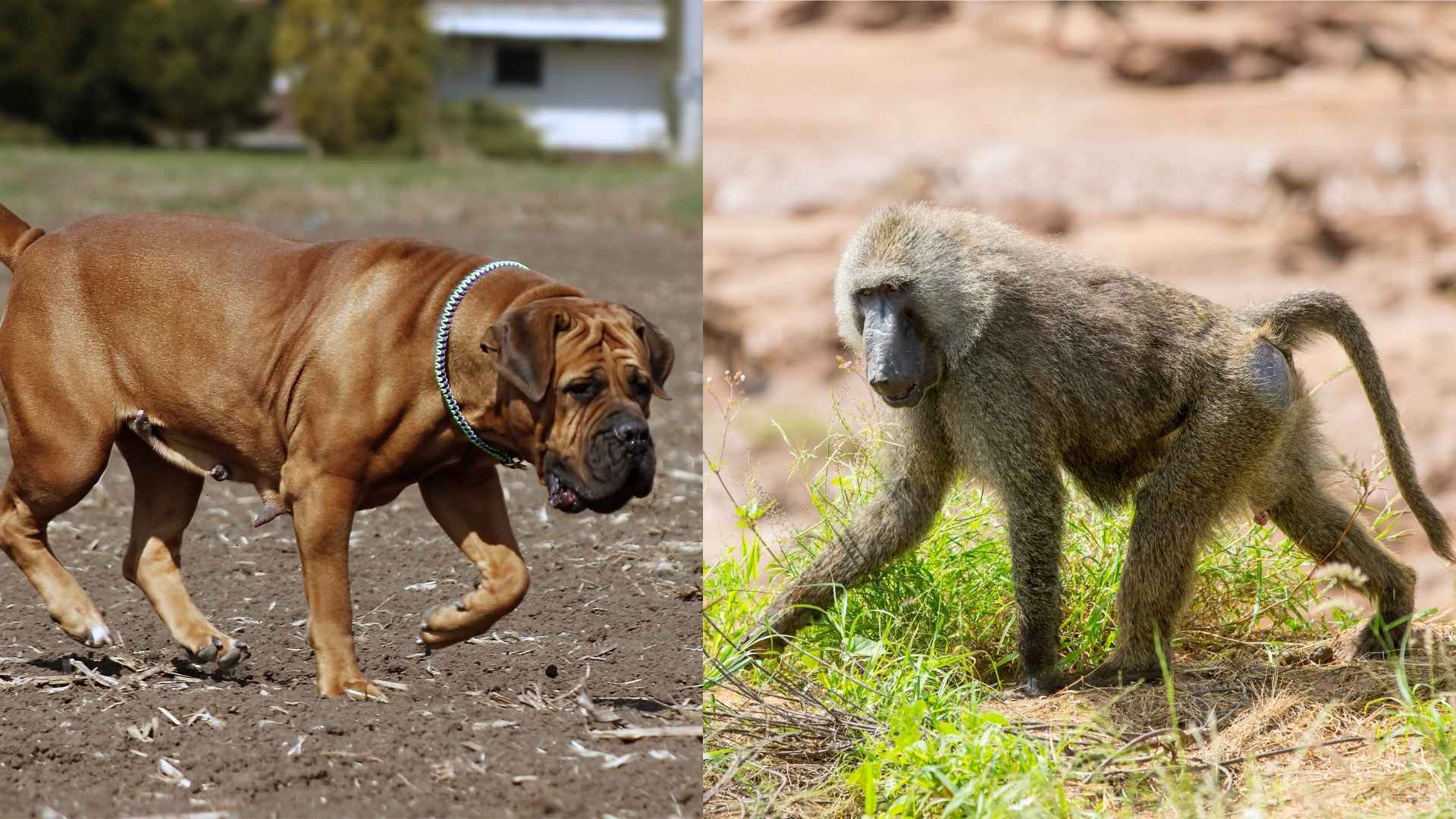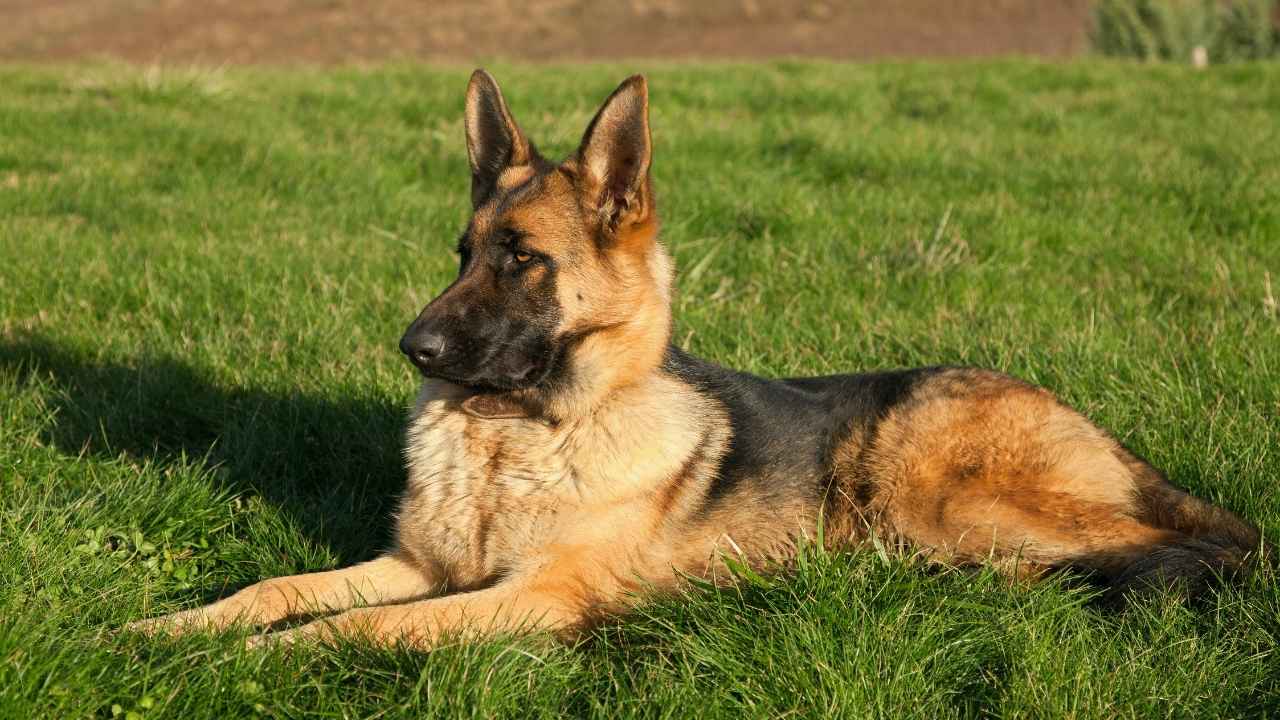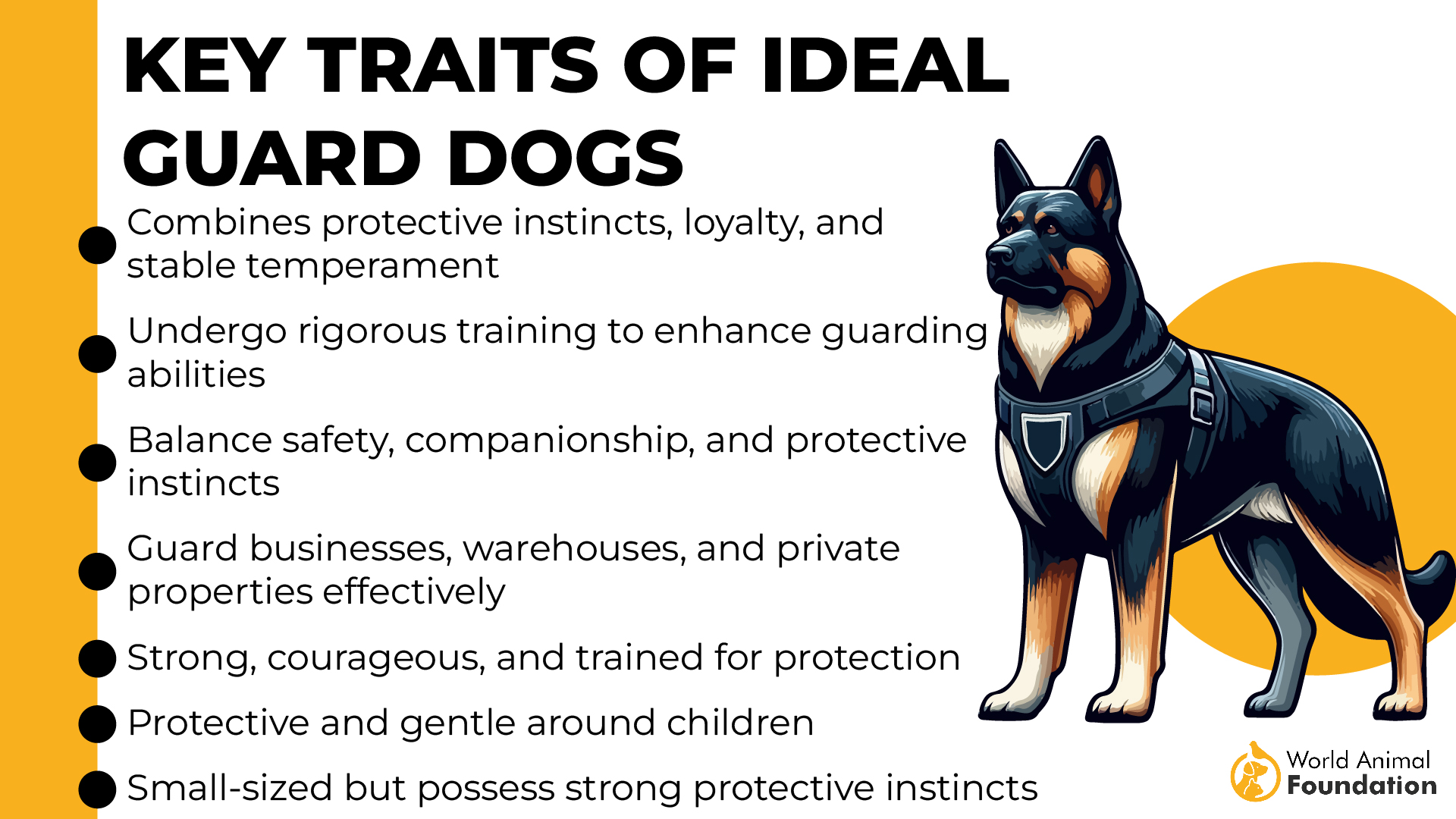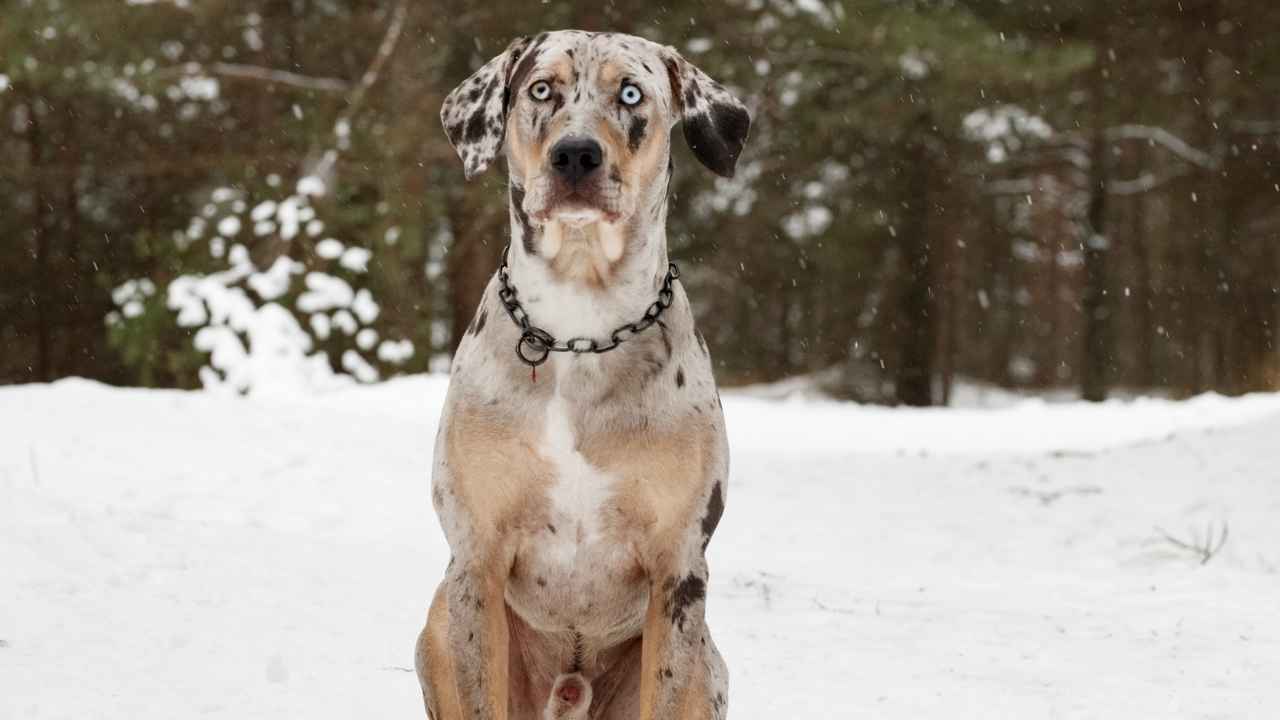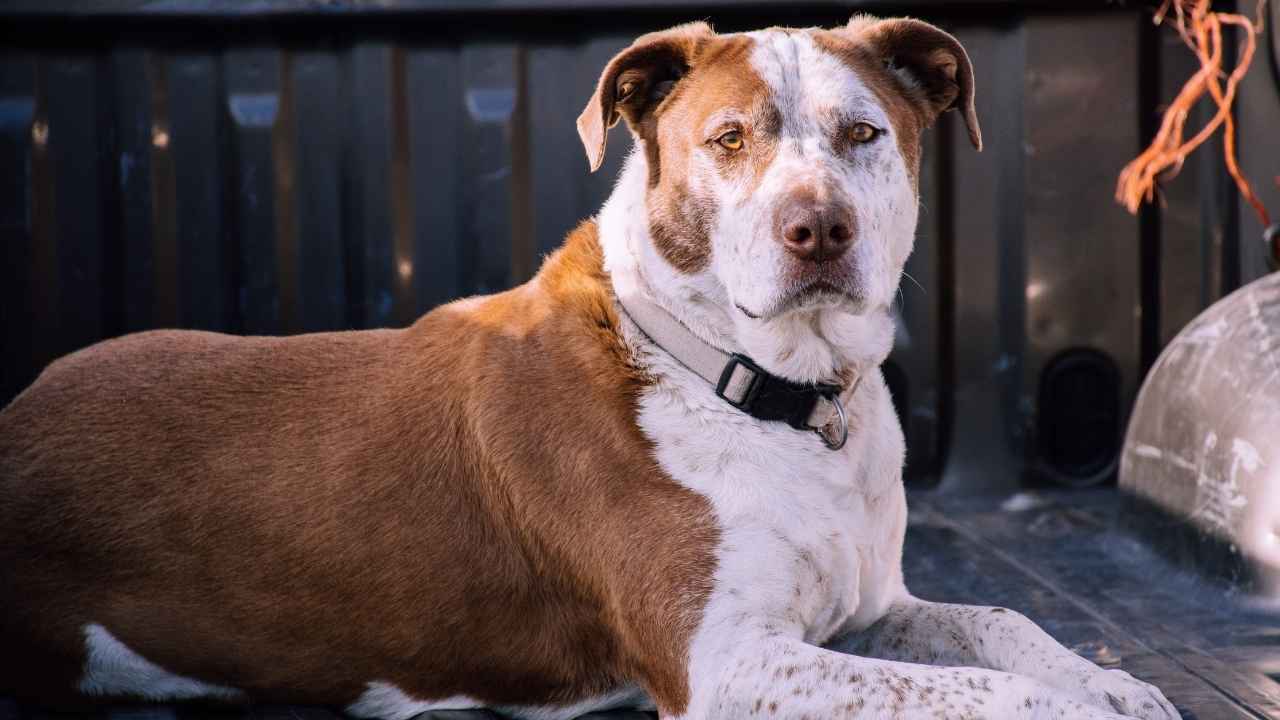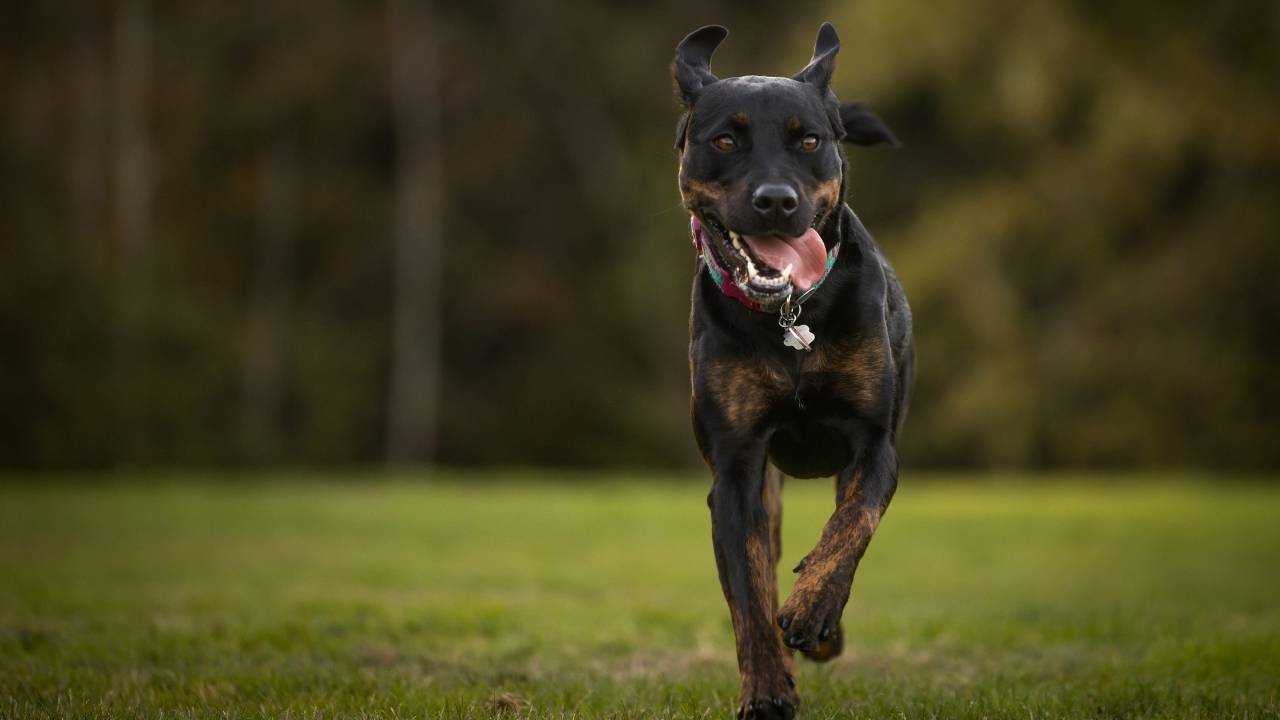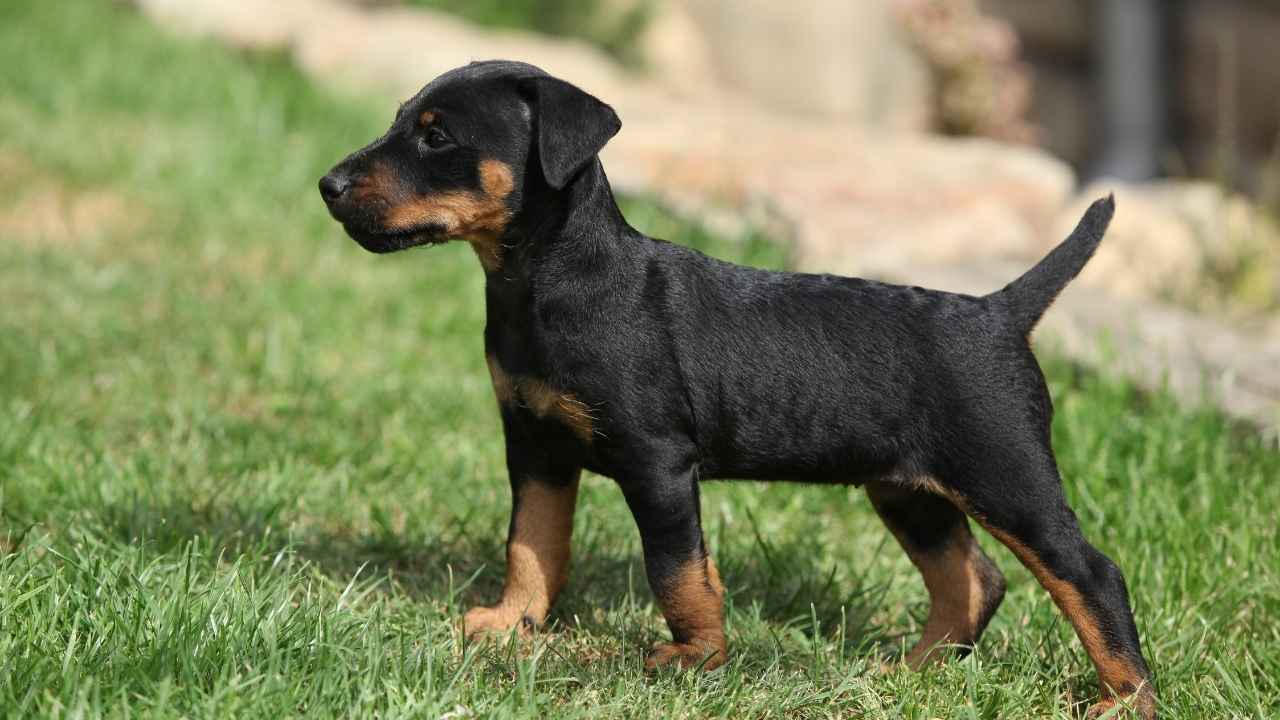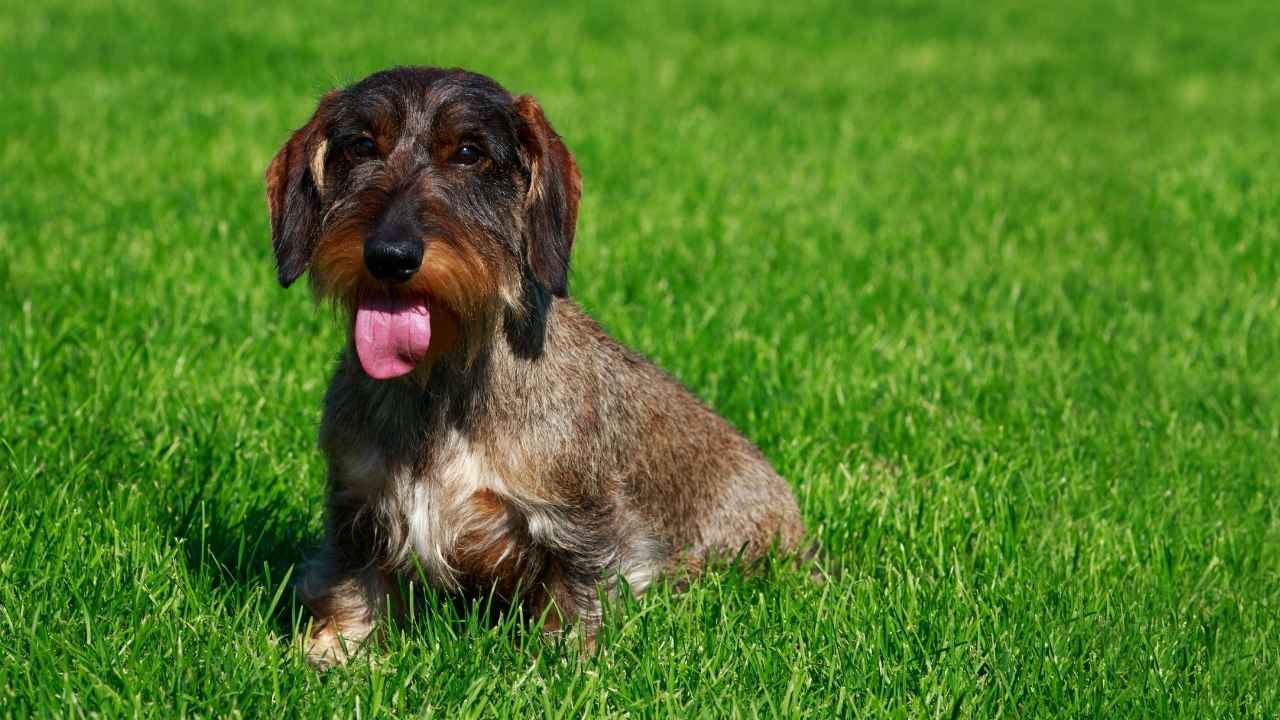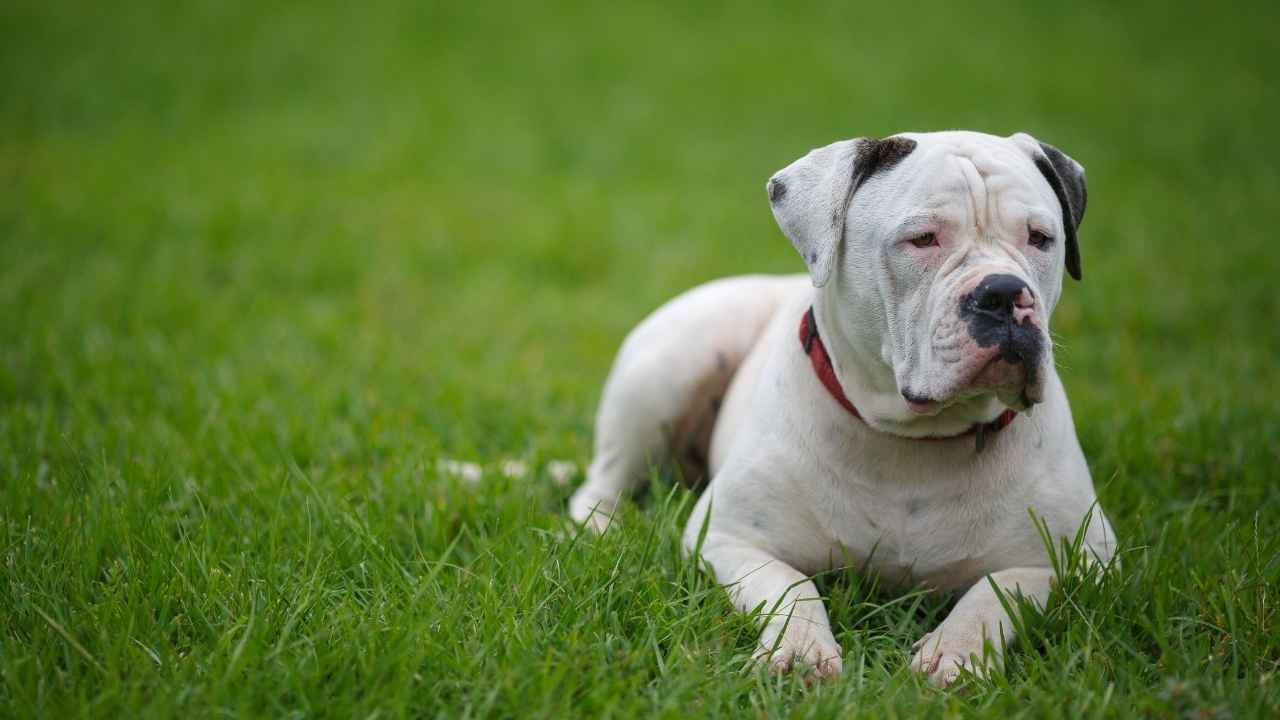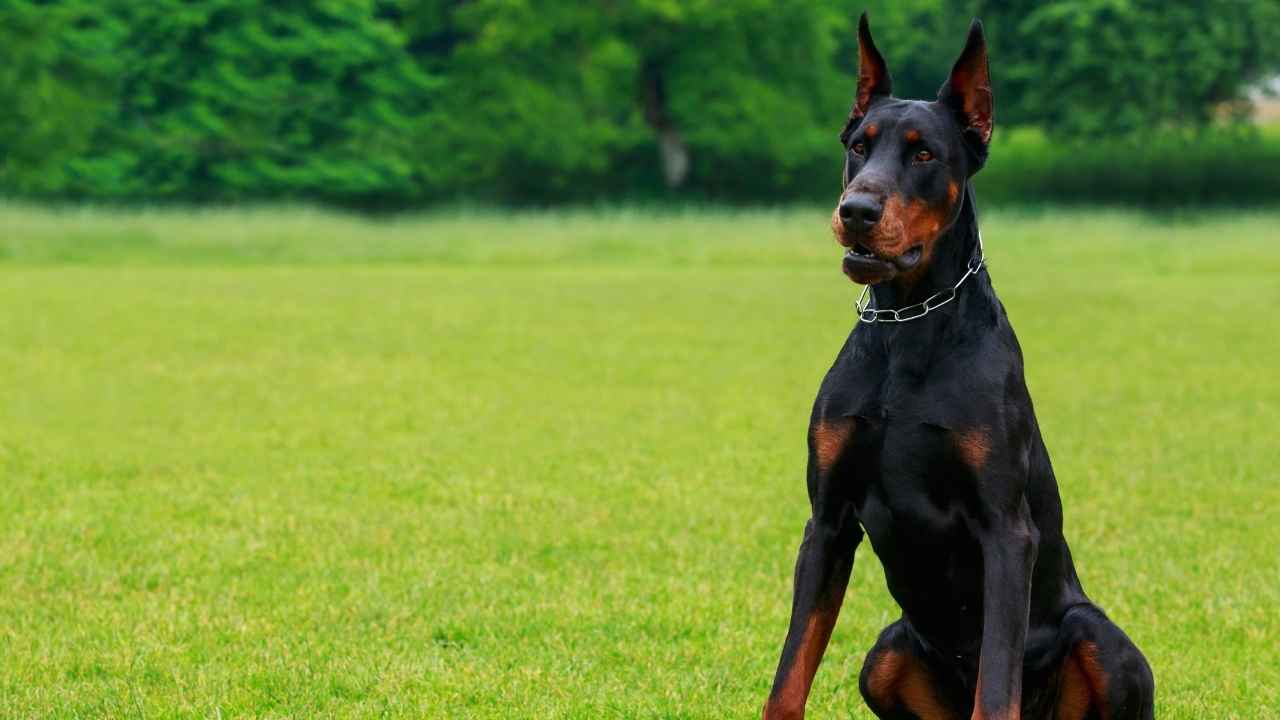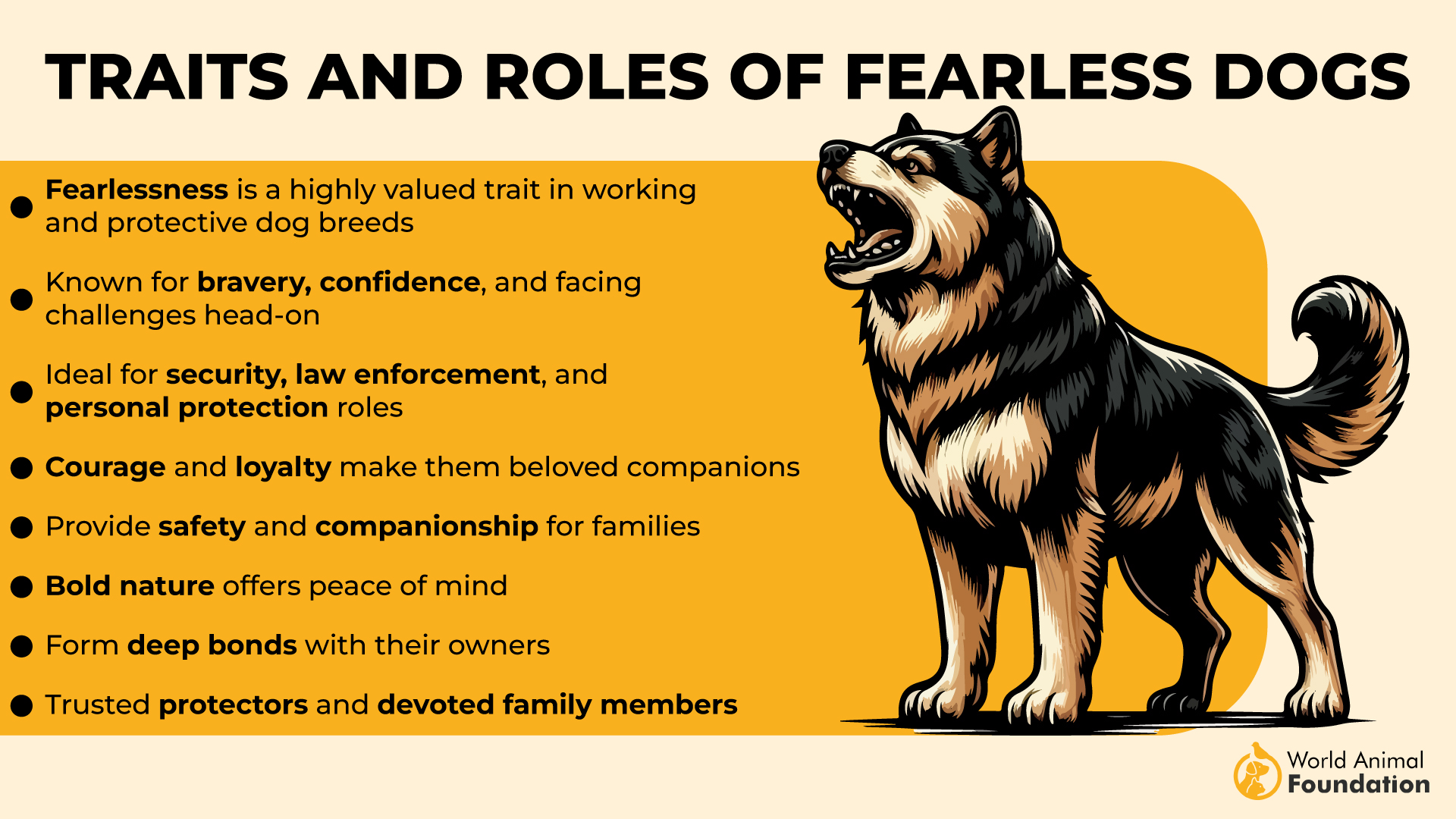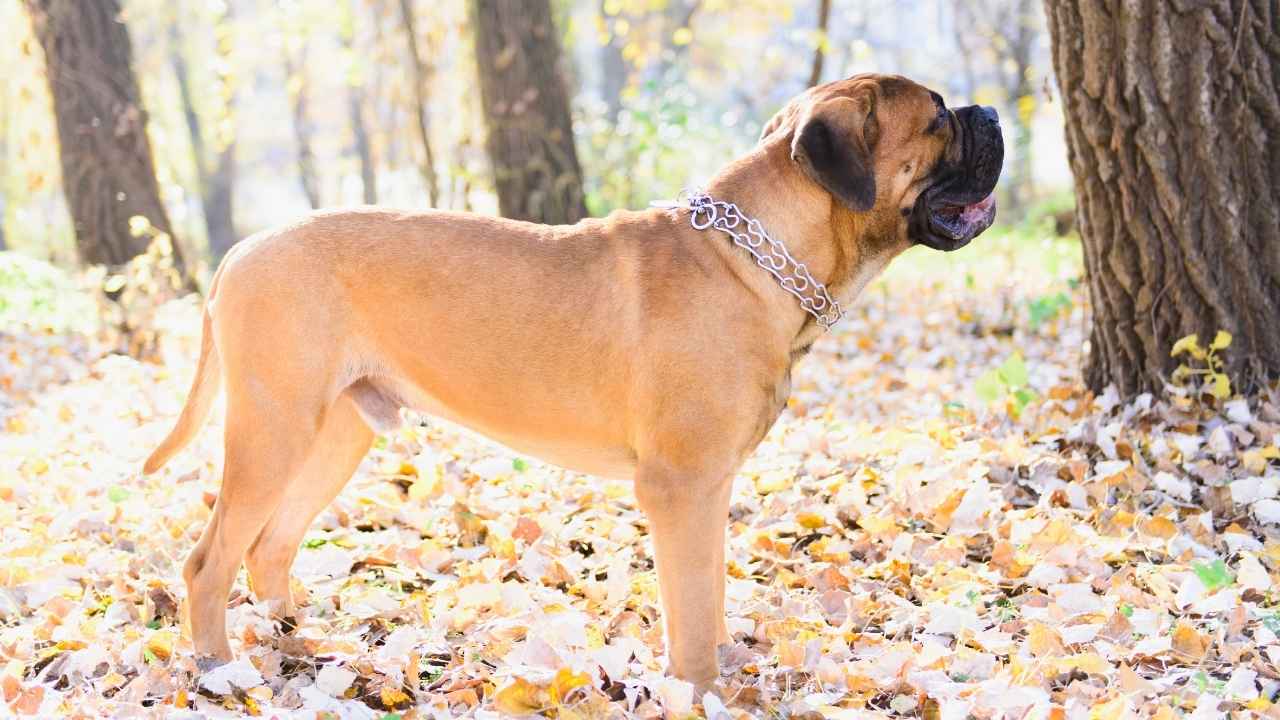When it comes to safeguarding your property or livestock from the cunning and often aggressive baboons, choosing the right guard dog is crucial. Baboons are not only intelligent but also highly adaptable, making them formidable adversaries. In this context, certain dog breeds excel due to their natural protective instincts, strength, and intelligence. This article delves into nine exceptional guard dog breeds renowned for their ability to deter and protect against baboon incursions, ensuring peace of mind for owners facing these unique challenges. Discover which breeds combine loyalty, vigilance, and the necessary prowess to keep your territory safe.
Picture this: a troop of baboons casually wandering into your yard, treating it like their personal buffet. They’re eyeing your garden, your trash bins, and even your lunch leftovers. It’s chaos waiting to happen.
Sure, it sounds absurd, but when these clever creatures strike, they don’t play fair. That’s where the right hunting guard dog comes in—one that’s not just loyal but tough enough to give baboons a reason to regret their boldness.
Generally, these guard dog breeds are known for their strength, intelligence, and protective instincts. Whether you’re dealing with baboons, predators, or just looking for a reliable family protector, age, size, and temperament all matter.
From fierce defenders like German Shepherds to underrated powerhouses like the Bullmastiff, these dogs are more than just pets—they’re the ultimate guardians. Ready to meet your baboon-busting partner? Let’s dive in!
Guard Dog Breeds for Protection Against Baboons
1. German Shepherd
German Shepherds are the valedictorians of the dog world—highly intelligent, fiercely loyal, and agile enough to leave baboons in the dust. These intelligent animals weigh 50–90 pounds and pack a bite force of 238 PSI, making them one of the best dogs for protection work. With a sleek, athletic frame, they can sprint up to 30 mph, perfect for chasing off wildlife on Southern Africa’s farms.
Their strong protective instincts shine in threatening situations. They don’t just protect livestock—they protect life itself, including yours. Properly trained, they can outthink and outmaneuver even the cleverest baboon troops.
As per Royal Canin to keep a German Shepherd in peak condition, a moderate amount of exercise is non-negotiable. Toss in high-quality dog food and mental stimulation, like obedience or agility training, and they’ll be ready to guard with enthusiasm.
These affectionate yet aggressive guardians are the ultimate livestock guardian dogs. Whether on the farm or in the family, they’ve earned their AKC title as one of the most versatile breeds.
2. Catahoula Leopard Dog
With their unique spotted coats and athletic build, Catahoula Leopard Dogs look like they just stepped out of a painting. These agile dogs weigh 50–95 pounds and are known for guarding livestock and chasing off predators like wolves or even lions. Their strong legs and hunting instincts make them natural protectors against baboons.
Catahoula dogs are no couch potatoes—they need plenty of room to run and explore. Whether you’re a farmer or an adventurous owner, they thrive on a mix of physical and mental challenges. Think hikes, training courses, or even weight-pull competitions.
AKC mentions that despite their rugged demeanor, these highly intelligent dogs are affectionate and loyal. Proper socialization ensures they work well with other dogs, though baboons won’t find them so friendly.
Their coats require minimal grooming, but their health depends on exercise, a veterinarian’s guidance, and high-quality dog food. Keep their energy focused, and they’ll outsmart any baboon invasion.
Which Guard Dog Would You Choose to Protect Against Baboons?
3. American Pit Bull Terrier
American Pit Bull Terriers have a reputation for being tough, but they’re also some of the most affectionate dogs around—just don’t tell the baboons. Weighing 30–85 pounds with a bite force of 235 PSI, these dogs are small powerhouses with hearts as big as their heads.
What makes them perfect for protecting against wild animals? Their courage and determination. Pit Bulls don’t back down from predators, and their protective instincts kick in when their family, livestock, or property is threatened. They’re excellent at reading a threatening situation and responding appropriately.
To keep them in top shape, they need regular exercise, obedience training, and a diet of high-quality dog food. It’s also essential to maintain dental health—strong teeth equal a strong bite.
These dogs are calm yet alert guardians, combining muscle with intelligence. With proper training and love, they’ll protect your home and heart equally.
4. Polish Hunting Dog
Ever heard of the Polish Hunting Dog? Probably not—and that’s their secret weapon. These under-the-radar predators weigh 50–70 pounds and are as tough as they are rare. With a lean, athletic frame and a bite force strong enough to make baboons second-guess their choices, they’re an unexpected nightmare for intruders.
As per CKC, also called Gonczy Polski They are known for their laser-focused temperament, these dogs don’t mess around. They’ll protect livestock, family, or anything they’re tasked with guarding, all while staying calm under pressure. When baboons think they’ve outsmarted you, this dog will already be two steps ahead.
But here’s the kicker: These dogs need intense physical and mental stimulation to stay sharp. Let them slack, and they’ll get bored—and you don’t want a bored Polish Hunting Dog. A mix of training, high-quality dog food, and exercise will keep them primed for battle.
Bottom line? These dogs are the sleeper agents of protection work. Baboons won’t know what hit them.
5. German Hunting Terrier
Small but ferocious, the German Hunting Terrier is what happens when you pack dynamite into a 20-pound frame. These dogs are fearless, fiery, and agile enough to outmaneuver baboons in a fight. They’re like the scrappy underdogs in every action movie—except they always win.
Don’t be fooled by their size; their bite is brutal, and their sharp minds make them a triple threat. Need a dog with the right temperament to protect your livestock or family? This breed lives for the challenge. They’ll dive headfirst into a threatening situation without hesitation.
To keep these spitfires ready for action, give them plenty of exercise and a diet loaded with high-quality dog food. Oh, and don’t skimp on mental stimulation—they need it as much as the physical stuff.
Sure, they’re small, but they’ve got the heart of a lion. If baboons—or anything else—dare cross their territory, they’ll regret it.
6. Wire-haired Dachshund
Wire-haired Dachshunds may look like walking sausages, but they’re more like pint-sized assassins. At 16–32 pounds, with sturdy legs and an attitude far bigger than their size, they’re a hilarious yet serious force against baboons and other pests.
Bred for hunting badgers, these little maniacs are fearless. Their wiry coats make them tough against the elements, and their sharp teeth are ready to back up their bark. Imagine a baboon rolling its eyes at their size—only to run when it realizes these dogs mean business.
Dachshunds need moderate exercise, high-quality dog food, and a chance to use their brains. A bored Dachshund is a destructive Dachshund, so keep them engaged with training and interactive games.
Don’t underestimate them—they’re not just cute; they’re savage when it counts. Wire-haired Dachshunds are proof that big trouble comes in small packages.
7. American Bulldog
The American Bulldog isn’t just a dog—it’s a freight train with paws. Weighing up to 120 pounds of solid muscle, they’re built for daring adventures and guarding livestock from predators who thought they’d found an easy target. Spoiler: they didn’t.
This breed thrives in threatening situations, with a no-nonsense attitude that says, “Bring it on.” Whether it’s protecting sheep, humans, or your backyard from a baboon troop, they’ll handle it with raw power and unshakable confidence. They don’t just fight; they dominate.
To keep this powerhouse in peak form, exercise is key. From weight-pull competitions to agility courses, these dogs need action to match their energy. Pair that with high-quality dog food, and you’ll have a canine gladiator at the ready.
American Bulldogs are more than pets—they’re battle companions. With the right training and socialization, they’ll make baboons wish they’d stayed in the trees.
8. Doberman Pinscher
Sleek, fast, and dangerously smart, the Doberman Pinscher is the James Bond of guard dogs. At 60–100 pounds of pure athleticism, they’re engineered for high-stakes protection work. With a top speed of 35 mph and a bite force strong enough to send baboons packing, these dogs don’t just respond to danger—they outrun it.
Purina claims that Dobermans are fearless, but they’re not reckless. Their highly intelligent minds calculate every move, making them masters at reading threatening situations. Whether guarding livestock or shadowing their owners, they don’t miss a beat.
To fuel their boundless energy, they need a life filled with exercise, mental stimulation, and a diet of high-quality dog food. Neglect their need for activity, and they’ll turn their sharp minds to mischief instead of protection.
They’re not just dogs—they’re guardians with style. A Doberman doesn’t warn intruders; they make an unforgettable impression.
9. Bullmastiff
When it comes to sheer intimidation, the Bullmastiff is in a league of its own. These gentle giants weigh up to 130 pounds and are the silent protectors you never see coming—until it’s too late. Designed to guard livestock and families from predators like bears and lions, they’ll handle baboons without breaking a sweat.
Bullmastiffs don’t bark; they act. Their calm yet fearless temperament makes them masters at taking down threats without overreacting. Picture a baboon smugly wandering into your yard, only to freeze when it meets the unrelenting gaze of a Bullmastiff.
WebMD notes that despite their size, these dogs are affectionate and love their family. But keeping them in top condition requires exercise, proper socialization, and high-quality dog food. Their powerful build demands special care to avoid issues like heart murmurs or joint problems.
The Bullmastiff is the ultimate mix of calm and chaos. When it comes to protection, they’re the juggernaut you want on your side.
Conclusion
So, there you have it—a lineup of fearless protectors ready to keep your turf safe from baboons and other wild animals. From the lightning-fast Doberman Pinscher to the powerhouse Bullmastiff, each breed brings unique skills to the fight. Whether it’s strength, speed, or sheer determination, these dogs mean business when strangers or predators come knocking.
Of course, there are other breeds worth a shoutout. The mighty Cane Corso, with its rich history as a guardian, and the Boerboel, known for its courage and loyalty, are top-tier options too. Even Dutch Shepherds, with their agility and intelligence, or those widely spaced brown eyes of the Rottweiler, could fit the bill for protection work.
When choosing, consider your specific needs: puppies require training, females might be gentler with kids, and older dogs could bring calm wisdom. Contact a local trainer or breeder to find your perfect match.
And as for the baboons? They’ll be retreating with their tails between their legs, muttering, “Not worth it.” Do you have a funny guard dog story? Share it in the comments—we’d love to hear about your four-legged defenders in action!
In conclusion, selecting the right guard dog breed as protection against baboons involves considering both the temperament and capabilities of the dog. Breeds such as the Boerboel, Anatolian Shepherd, and Great Pyrenees show exceptional protective instincts, strength, and intelligence necessary for guarding properties in baboon-prone areas. These dogs not only deter intrusions with their presence but also offer a loyal companionship to their owners. Proper training and socialization are crucial to ensure these guard dogs can balance their protective nature with obedience and control, making them invaluable allies in safeguarding against potential threats posed by baboons.

